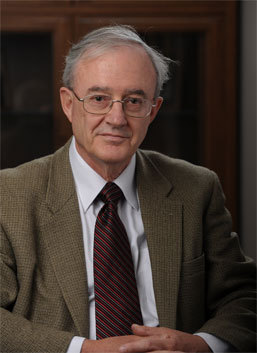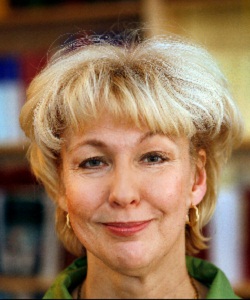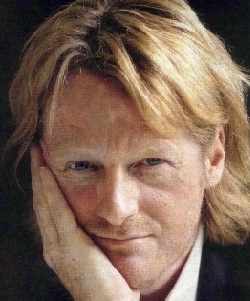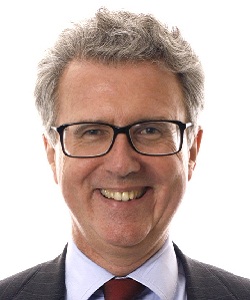Religious Freedom and Equality: Emerging Conflicts in North America and Europe
Religious Freedom and Equality: Emerging Conflicts in North America and Europe Video Player
Wednesday, April 11-13, 2012
Location:
Magdalen College, Oxford University
No question is more salient in the West, however, than the emerging conflict between new equal rights claims on behalf of homosexuals and existing claims of religious freedom. The conference at Magdalen College focused on this issue as the primary exemplar of the broader conflict.
Three examples illustrate emerging conflicts surrounding the principle of equality and the rights of religious groups and individuals.
- The Catholic Archdiocese of Washington, DC ceased its foster care program because the district's same-sex marriage law would have required placement of children with same-sex couples.
- The High Court in the United Kingdom denied to a married Christian couple the right to foster children because they would not agree to teach their children that homosexuality is natural.
- In California, the federal judge who overturned a referendum defining marriage as between a man and a woman dismissed religious and moral arguments against same-sex marriage as "irrational," and for that reason unconstitutional.
Each of these examples addresses the tension between claims of equal rights and the claims of religious freedom in various domains: the rights of religious communities to adhere to their fundamental teachings, including protecting the rights of conscience; the rights of parents to impart their religious beliefs to their children; and the liberty to advance religiously-based moral arguments as a rationale for laws.
The conference brought together leading scholars, politicians, and religious leaders to explore how these tensions and conflicts are playing out differently on both sides of the Atlantic. It consisted of three panels—on the United States and Canada, the United Kingdom and Ireland, and continental Europe—that debated a core set of questions.
- What are the legal and moral frameworks that govern tensions between claims for homosexual equality and for religious freedom?
- How are those tensions illustrated in particular legal, political, and policy controversies?
- What is the proper balance between new claims of equality before the law, on the one hand, and existing claims for freedom of religious groups and individuals, on the other?
Discover similar content through these related topics and regions.
Image Gallery
Image Gallery
/1

Religious Freedom and Equality: Emerging Conflicts in North America and Europe
Featured Participants
Other Participants
Related Publication
Report October 18, 2012









